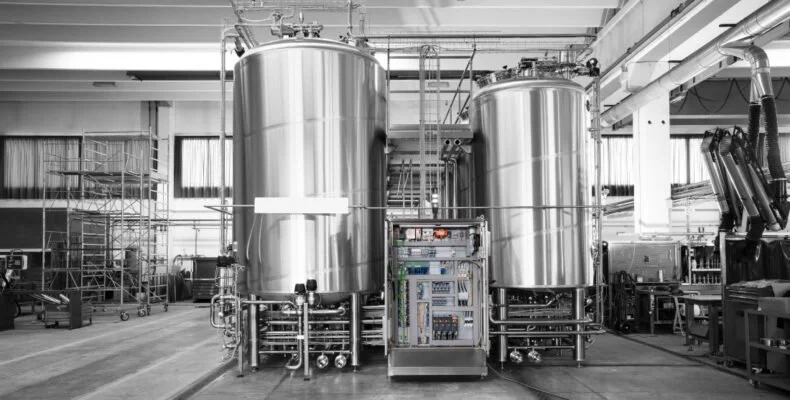Investing in beverage technology: what to consider for mixing and carbonation plants
/The beverage industry requires mixing and carbonation plants that not only meet traditional production needs, but also align with the trends of a constantly evolving market. With the global non-alcoholic beverage market projected to reach $2.18 trillion by 2030, the ability to rapidly adapt to new consumer demands is essential to maintain competitiveness.
CSD sector: what the market demands
Today’s market dynamics are completely different from the past. Consumers now seek new and personalised products, driven by emerging trends and a stronger focus on wellness and functionality. Beverage producers therefore need plants that can keep pace with these expectations - systems that match market demand in real time and adjust output flexibly without compromising reliability.
Modern plants must ensure consistent production of high-quality beverages while supporting operational efficiency and enabling scalable growth.
Production versatility: beyond traditional CSDs
Versatility has become the defining requirement for contemporary mixing and carbonation plants. It is no longer enough to produce classic carbonated soft drinks. A next-generation plant must accommodate a wide range of beverage types, including:
Energy drinks with complex formulations and precise dosing of functional ingredients
Functional beverages incorporating probiotics, adaptogens and active compounds
Cider and fermented drinks requiring specific carbonation and pressure controls
Low-sugar and zero-calorie beverages aligned with health-driven consumer trends
This level of versatility enables rapid switching between recipes and product categories without sacrificing efficiency or output quality.
Precision dosing and advanced automation
Precision in dosing is essential for consistent quality and minimising raw material waste. Modern premix and carbonation plants incorporate advanced automation, including:
SCADA systems for full production oversight - from ingredient dosing to storage temperatures
Intuitive HMI interfaces to support operators and significantly reduce human error
Digital monitoring and preventive maintenance to preserve performance and uptime
Hygienic design as a core requirement
Hygienic design has become a fundamental design principle, integrated into every surface, joint, and component of the plant. This approach enables faster cleaning, reduced chemical and water use, and consistent sanitation standards. Automated CIP processes are critical to maintaining hygiene while optimising resources and reducing manual intervention.
Quality components for long-term reliability
The longevity and reliability of a beverage production plant depend heavily on the quality of its components. Choosing high-grade parts reduces downtime, enhances operational safety, and improves overall efficiency. While representing a higher initial investment, these choices deliver lower maintenance costs and greater long-term return.
Mixing and carbonation plants are evolving into integrated technological ecosystems that help beverage producers respond quickly to market change. The combination of versatility, dosing precision, hygienic execution and robust construction represents a strategic investment for companies looking to remain competitive in a rapidly developing beverage sector - an approach reflected in the solutions delivered by FB*PROPAK.




